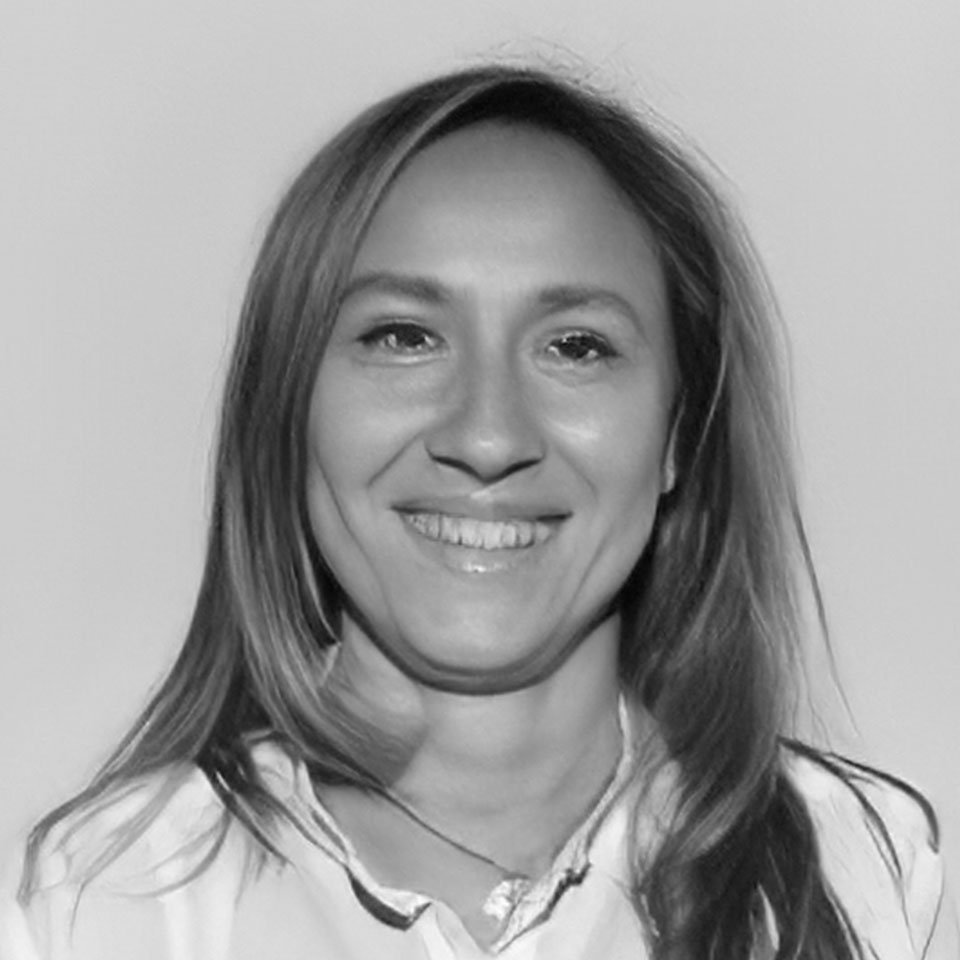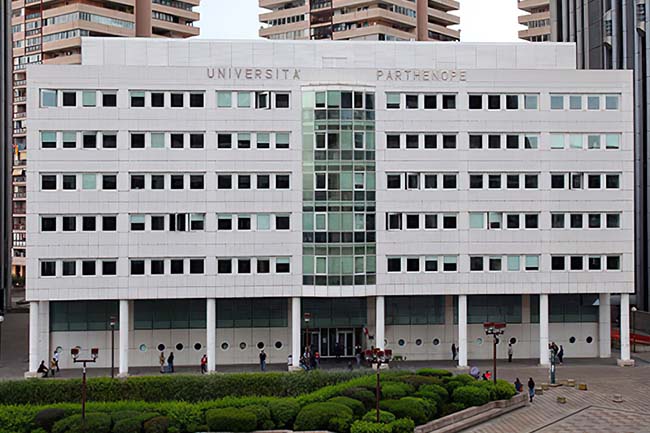The Master’s degree in Information science technology for health and communication (ISTHC) provides the students with multidisciplinary science competences, blending theoretical and methodological parts and a wide range of knowledge in information technologies and systems applied to communication and health.
The study program creates professionals with cross-cutting competencies, able to effectively meet the developments of information society.
The master’s degree is made of two university curriculum options:
The graduate in ISTHC – Communication curriculum, can find an occupation for companies providing telecommunications and information technology services. The expert engineer in software design and development mainly finds a job in companies producing telematic system applications in Italy and abroad.
The graduate in ISTHC – Health curriculum, can find an occupation for companies providing telecare services and services for the management of medical devices and medical systems. The expert engineer in software design and development mainly finds a job in companies producing health systems for applications in Italy and abroad.
The study program aims to provide students with multidisciplinary science competences, blending theoretical and methodological parts and a wide range of knowledge in information technologies and systems applied to communication and health.
The health curriculum creates versatile professionals who have deep knowledge in information technologies, system and devices clinical and diagnostic in the biomedical sector and also in processing biomedical images and signals.
The communication curriculum aims to create professionals with a strong knowledge of the theoretical aspects, the main methodologies and techniques of Information and Communication Technology (ICT), able to develop complex processes and application solutions in very dynamic ecosystems such as those in the smart communities.
Course Duration: 2 years
Number of Exams: 12
Credits: 120
Access: Free
Double Degree: No
Class Membership: LM-27
Department: Engineering
The program is thought to ensure that the master graduate students in Information technology engineering for health and communication gain, on the one hand, traditional competencies in the reference sector, on the other hand a deep knowledge of the methodological and application aspects of the information technology science IT with a particular focus in the health and digital communication sector.
(i) The specific educational goals of the program are connected to the acquisition of:
a strong theoretical and application knowledge in the main fields of IT (through subjects belonging to the following Academic Fields and Disciplines NG-INF/01, ING-INF/02 e ING-INF/03)
(ii) deep expertise in the techniques and methodologies to comprehend, manage and treat information derived from complex systems (through subjects belonging to the following Academic Fields and Disciplines NG-INF/05 concerning the communication curriculum and ING-INF/06 concerning the health curriculum).
The evaluation of the knowledge and the comprehension capabilities will derive from oral and written exams which will assess the students’ theoretical knowledge and the ability to solve complex problems by a methodological approach.
An important element of evaluation of the comprehension capabilities is made from the final examination in which the students, guided by their supervisor professor, will have the opportunity to verify their level of comprehension about complex problems and at the same time boost their acknowledgement process.
Concerning the capability to put into practice the knowledge acquired, the master graduate students in information technology engineering for health and communication will be able to implement their capabilities to:
Analyze, design and implement systems for the transmission, the development and the encoding of information;
apply the new methodologies of transmission and process of signals in emerging application such as: next generation mobile systems;
produce medical images, support services for elders and people with disabilities, urban mobility support, remote surveillance, Internet of Things (IoT);
Surroundings Monitoring System (active and passive remote sensing)
I laureati dovranno saper utilizzare queste capacità anche in aree nuove ed emergenti della loro specializzazione, quali ad esempio: (i) le telecomunicazioni ottiche; (ii) l’elaborazione di segnali biomedicali; (iii) la progettazione di reti sicure; (iv) l’utilizzo delle onde millimetriche; (v) il bioelettromagnetismo.
The graduate students will have to be able use the acquired capabilities also in new and emerging fields of their expertise, i.g.: (i) optical telecommunications; (ii) biomedical signals processing; (iii) network security design; (iv) Extremely high frequency use; (v) Bioelectromagnetism.

MASTER’S DEGREE COURSE COORDINATOR:
Prof. CAMPOPIANO Stefania
stefania.campopiano@uniparthenope.it

Centro Direzionale di Napoli, Isola C4 – 80143 Napoli
Università degli Studi di Napoli “Parthenope”
Via Amm. F. Acton, 38 – 80133 Napoli (NA)
P.IVA 01877320638 | C.F. 80018240632
2021 – Università degli Studi di Napoli Parthenope – All Right Reserved